adelaide hall husband, adelaide hall quotes, adelaide hall age, adelaide hall, adelaide hall biography
adelaide hall husband
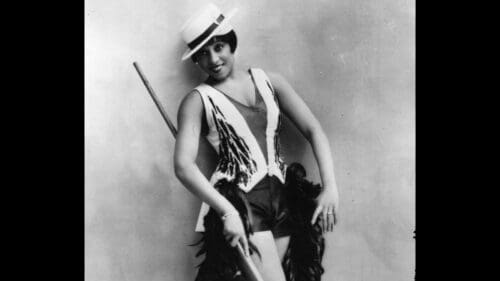
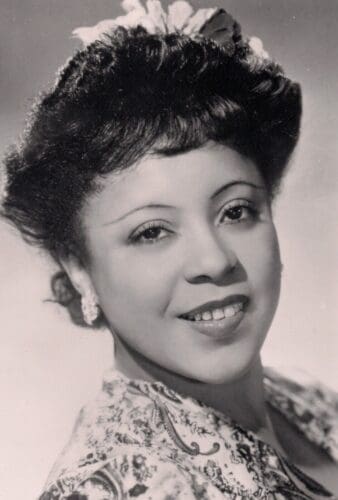
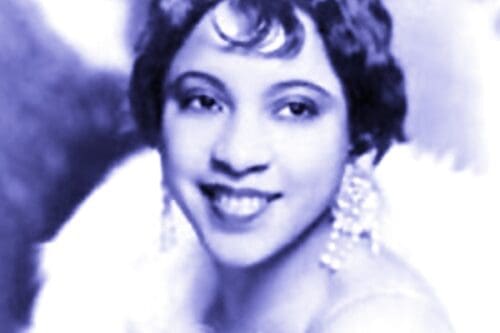
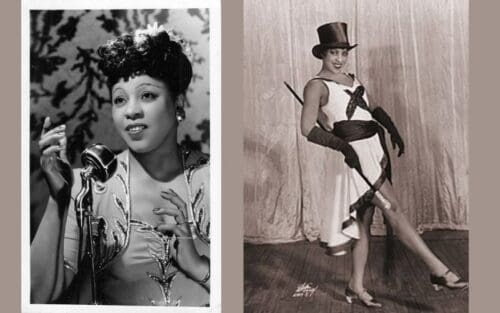
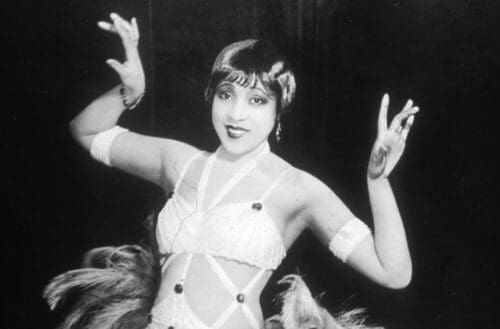
Birth and Demise: Adelaide Hall was born on October 20, 1901, in New York, New York, and passed away on November 7, 1993, in London, England.
Jazz Innovator: As an American-born jazz improviser, Adelaide Hall is renowned for introducing scat singing with her wordless rhythm vocalizing.
Musical Background: Born to a music teacher, Hall’s early exposure to music shaped her artistic journey.
Education: She attended the Pratt Institute in New York City, laying the foundation for her artistic pursuits.
Debut in Shuffle Along: In 1921, she made her professional debut as a chorus member in the landmark revue “Shuffle Along” at the 63rd Street Theatre. This musical featured notable figures like Florence Mills, Josephine Baker, and Paul Robeson.
European Tour: In 1926, Adelaide embarked on a European tour as the star of “Chocolate Kiddies.”
Vaudeville and Broadway: Following her return to the U.S., she toured in vaudeville and graced Broadway stages in productions such as “Desires of 1927,” “Town Topics,” “Blackbirds of 1928,” and “Brown Buddies.”
Broadway Legacy: Her final Broadway appearance was in “Jamaica” from 1957 to 1959.
Contributions to Duke Ellington: Adelaide Hall lent her pioneering vocals to Duke Ellington’s classic recording “Creole Love Call” in 1927.
Permanent Move to Europe: In 1934, along with her husband Wilbur Hicks, Adelaide relocated to Europe, where they opened nightclubs in Paris and London.
International Stardom: While a major star abroad, Hall gained recognition in the U.S. primarily after her appearance in the 1979 concert “Black Broadway, 1900–1945,” coproduced by Bobby Short.
Performance Venue: The concert took place at Avery Fisher Hall in New York City and was part of the Newport Jazz Festival.
One-Woman Show: In 1988, Adelaide Hall staged a one-woman show at Carnegie Hall.
Later Residence: She settled in London, where she spent the latter part of her life.
Longevity in Performance: Adelaide Hall continued to perform into her 90s, showcasing her enduring passion for music.
Television Film: In 1989, a television film titled “Sophisticated Lady” portrayed her life story.
Radio Program: Her story was later recounted on radio in a program titled “Sweet Adelaide.”
Legacy of Scat Singing: Adelaide Hall’s contribution to scat singing left an indelible mark on the jazz genre.
Recognition in the U.S.: Despite international acclaim, she achieved recognition in the U.S. posthumously for her significant contributions to Black Broadway.
Influence on African American Show Business: Her early roles in musicals like “Shuffle Along” contributed to the establishment of African American show business.
Diverse Artistic Roles: Adelaide Hall’s career spanned various roles, from chorus member to starring in iconic European tours.
Partnership with Wilbur Hicks: Her collaboration with husband Wilbur Hicks extended to both professional and personal spheres.
Memorable Recording: Her collaboration with Duke Ellington resulted in the memorable recording of “Creole Love Call.”
Nostalgic Broadway Periods: Her Broadway appearances in productions like “Blackbirds of 1928” are remembered as significant periods in the history of African American theater.
Timeless Impact: Adelaide Hall’s influence transcends time, making her an enduring figure in the history of jazz and entertainment.
adelaide hall song lyrics, adelaide hall songs, adelaide hall accomplishments, adelaide hall bio, adelaide hall childhood
adelaide hall fast facts
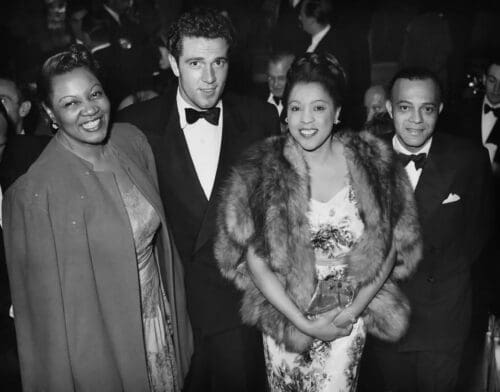

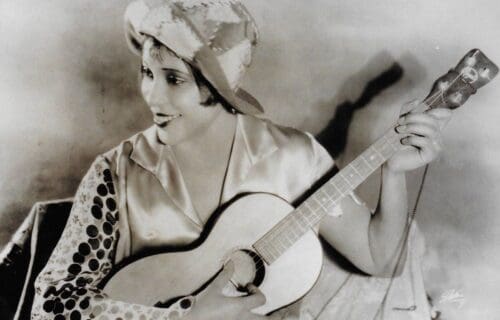
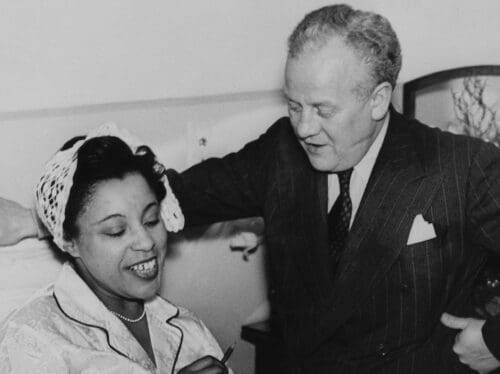
Birthplace and Residency: Born in the U.S. on October 20, 1901, Adelaide Hall later became a UK-based jazz singer and entertainer.
Harlem Renaissance Icon: Hall played a significant role in the Harlem Renaissance, gaining recognition for her unique contributions to jazz.
Scat Singing Pioneer: Renowned for her wordless rhythm vocalizing, Adelaide Hall is credited with introducing and popularizing scat singing.
Chorus Debut: In 1921, she marked her professional debut as a chorus member in “Shuffle Along,” a musical that played a crucial role in establishing African American show business.
European Stardom: Following her appearance in “Runnin’ Wild,” Hall became the star of “Chocolate Kiddies” and embarked on a successful tour across Europe.
Broadway Journey: Adelaide Hall graced Broadway stages in notable productions like “Desires of 1927,” “Town Topics,” “Blackbirds of 1928,” “Brown Buddies,” and “Jamaica.”
Legendary Recording with Duke Ellington: Her iconic recording of “Creole Love Call” with Duke Ellington in 1927 showcased her pioneering wordless vocals.
UK Success: In 1938, Hall arrived in the UK, where her success and popularity soared, ultimately leading her to make it her permanent home.
Guinness World Record: Recognized for her enduring impact, Adelaide Hall earned a spot in the Guinness Book of World Records as the world’s most enduring recording artist in 2003.
Posthumous Recognition: Her remarkable achievements continued to garner acclaim even ten years after her passing.
Wordless Vocal Technique: Adelaide Hall’s ability to convey musical expression without words set her apart as a unique and influential singer.
Cultural Contribution: Her presence and contributions during the Harlem Renaissance left an indelible mark on African American cultural history.
Musical Innovation: Hall’s experimentation with wordless vocals and scat singing contributed to the evolution of jazz as an art form.
Broadway Legacy: Her participation in several Broadway productions showcased her versatility as an entertainer.
International Impact: The success of “Chocolate Kiddies” and her subsequent European tour solidified her international reputation.
Legacy with Duke Ellington: Her collaboration with Duke Ellington on “Creole Love Call” is considered a landmark moment in jazz history.
Cultural Establishment: “Shuffle Along” and subsequent shows played a pivotal role in establishing African American performers and creators in the entertainment industry.
Versatility on Stage: From “Desires of 1927” to “Brown Buddies,” Hall showcased her ability to excel in diverse theatrical productions.
UK Home: Choosing the UK as her permanent residence reflects the deep connection she formed with the British audience.
Lasting Popularity: Her enduring popularity in the UK attests to the timeless appeal of her performances.
Musical Evolution: Adelaide Hall’s journey mirrors the evolving landscape of jazz, embracing innovation and pushing musical boundaries.
Worldwide Recognition: The global impact of her music and performances transcended borders, reaching audiences across continents.
Cultural Ambassador: Hall’s success in Europe made her a cultural ambassador, bridging the gap between American and European jazz audiences.
Record-breaking Achievement: Earning a place in the Guinness Book of World Records speaks to the unprecedented longevity of her influence.
Memorable Cultural Figure: Adelaide Hall’s contributions to jazz and her lasting influence position her as a memorable and revered figure in cultural history.
